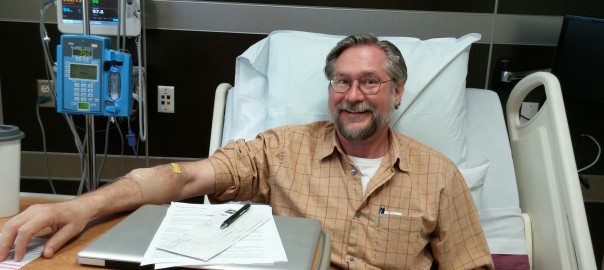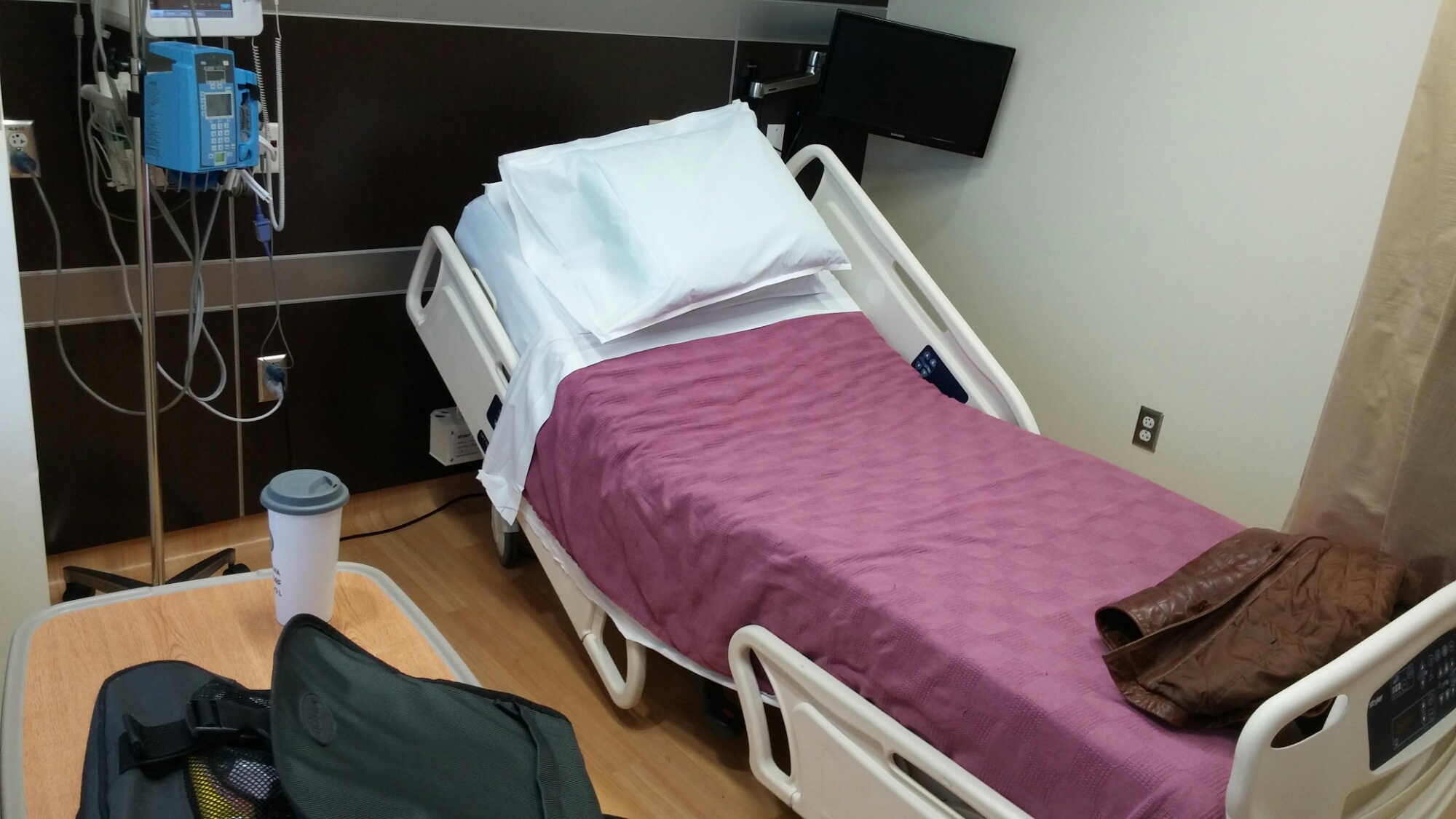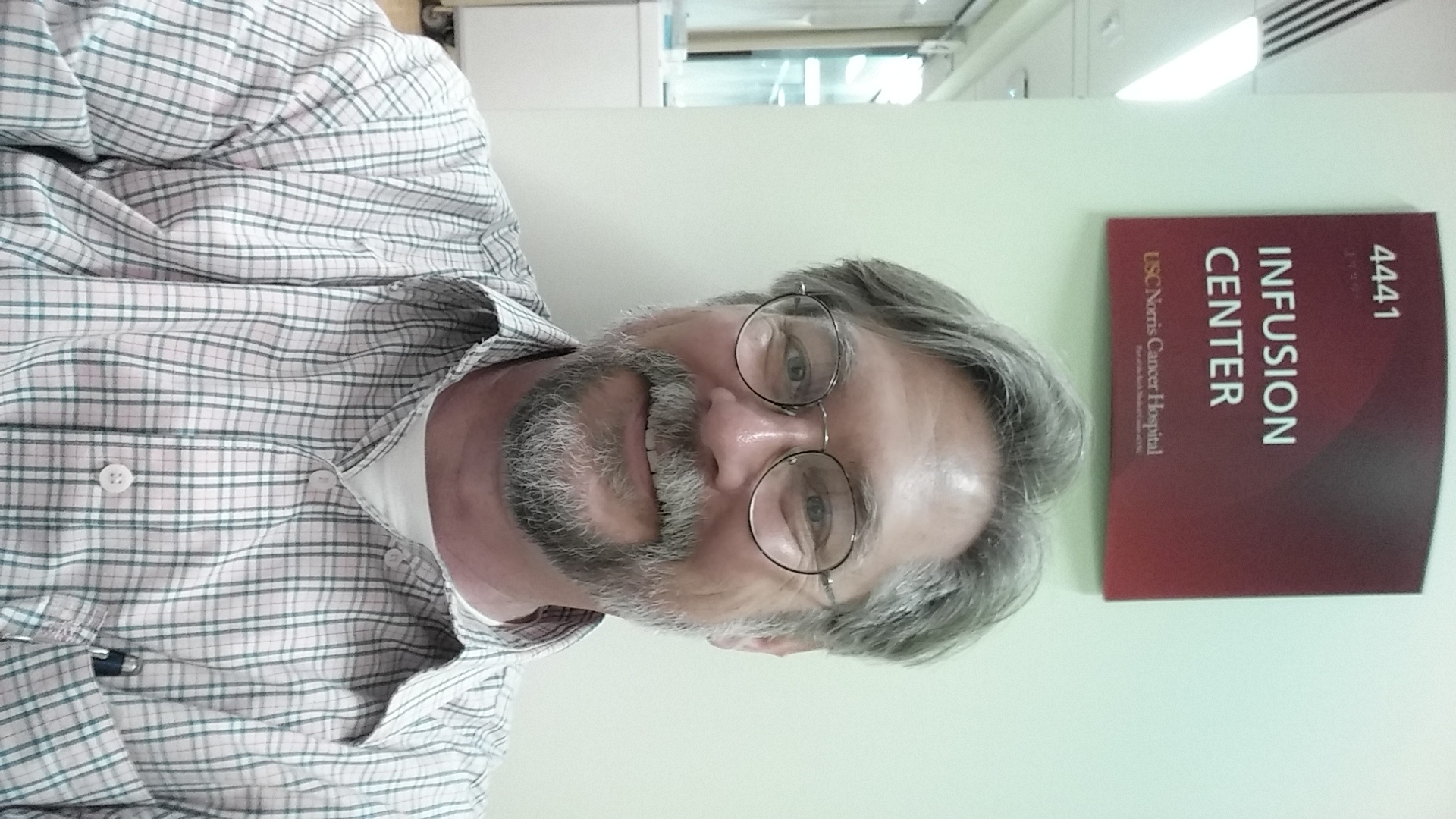Genuinely, I sometimes wonder when I hear stories of other cancer patients who are suffering so much worse than me with their treatments, whether I should feel guilty about how well I appear to be doing, comparatively. It is an irrational reaction, of course, as I am not responsible for how other people respond to their chosen treatments, nor do I have any level of control over their physical health either before or after their cancer was discovered. Yet it pains me to hear these stories and realize that there is so little I can offer to ease the suffering.
In many of these cases, the patient remains upbeat, even happy, throughout the story. Tougher than I, these characters. Stronger of will, because they endure more by choice, determined to lick their adversary. And lick it they shall, because these are cancers that, even far along, can now be cured or, more practically speaking, be diminished to the point of near eradication. And this, in spite of the heavier toll paid for the intense beat down of the chemo cocktail, makes me feel a little jealous. And that jealousy makes me feel guilty, too.
And then along comes my friend, Carlos. A refuge from El Salvador, Carlos came to California with the hope of finding some treatment for his leukemia. He is a slight fellow, but only on the outside.
Continue reading Guilt of the Patient →


